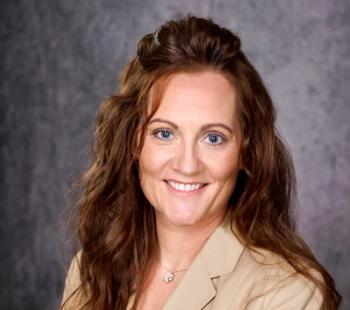
Hospitals Struggled to Share Electronic Health Information With Public Health Agencies in 2019
A majority of hospitals had challenges related to public health reporting in 2019 with half reporting a lack of capacity to electronically exchange information with public health agencies.
The need for efficient and timely dissemination of electronic health information (EHI) between hospitals and public health agencies has never been more important, nor received more scrutiny, than amid a global pandemic.
Prior to the pandemic, sharing hospitals struggled to share EHI with as amny as 70% reporting challenges in 2019,
To improve disease surveillance capabilities across hospitals and public health agencies, CMS has adopted policies that require hospitals to meet specific public health objectives in order to participate in the Promoting Interoperability program.
These objectives include:
- submission, and in some cases receipt of data, for the purposes of immunization registries
- syndromic surveillance reporting
- case reporting
- public health registry reporting
The new ONC report utilized nationally representative survey data from the 2019 American Hospital Association IT supplement to shed light on the number and types of challenges hospitals experienced regarding electronic reporting. Notably, while challenges around reporting may have been exacerbated during the pandemic, this report identified ongoing obstacles to health information exchange.
The high-level findings were:
- In both 2018 and 2019, half of all hospitals reported a lack of capacity to electronically exchange information with public health agencies
- In 2019, seven in 10 hospitals experienced one or more challenges related to public health reporting
- Small, rural, independent, and Critical Access Hospitals (CAH) were more likely to experience a public health reporting challenged compared with their counterparts
- The types of public health reporting challenges experienced by hospitals varied substantially at the state level
Additionally, the report found that the top two public health reporting challenges in 2018-2019 included interface-related issues and lack of capacity to electronically exchange information among hospitals and public health agencies. Nearly one in five hospitals reported problems with exchanging information due to differing vocabulary standards, as well as difficulty extracting relevant information from electronic health records (EHR).
Small, rural, independent, and CAH institutions were more likely to report:
- Interface-related issues
- difficulty extracting relevant information from the EHR
- confusion about where to send the information
The findings of this report indicate that there is a significant need to improve the methods hospitals employ to electronically exchange health information with public health agencies. Analyzing hospitals’ experiences with public health reporting a year prior to the start of the pandemic allowed for a broader, more in-depth view as to why the challenges already present were exacerbated when hospitals were faced with an onslaught of patients. Now that these barriers have been identified, they can be addressed and remedied, according to ONC.
The report also noted that as these findings are only reflective of the hospitals’ perspectives — future research should focus on public health agencies’ viewpoints on the obstacles associated with public health information exchange.






























